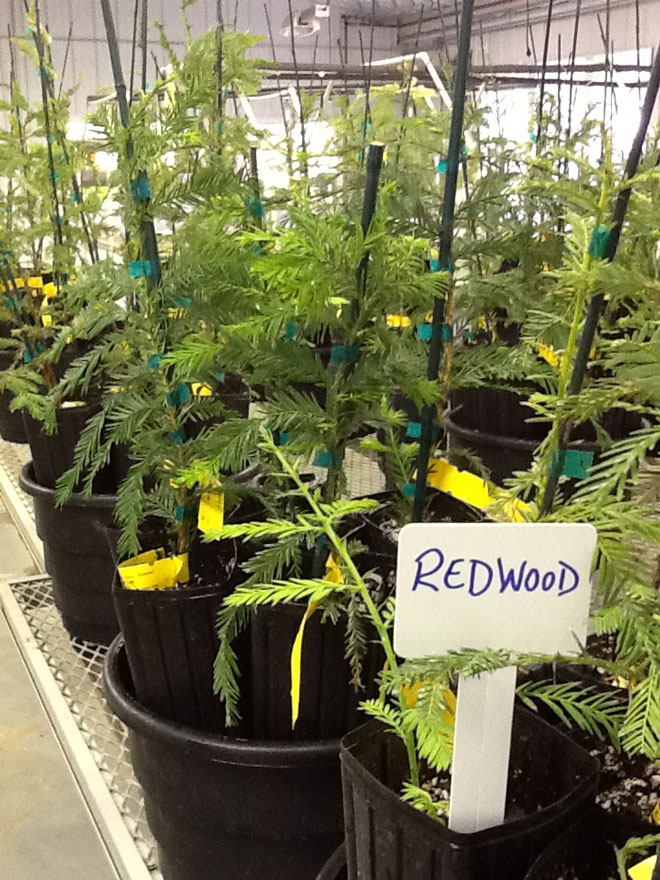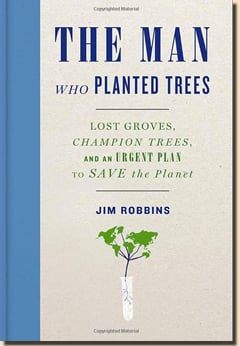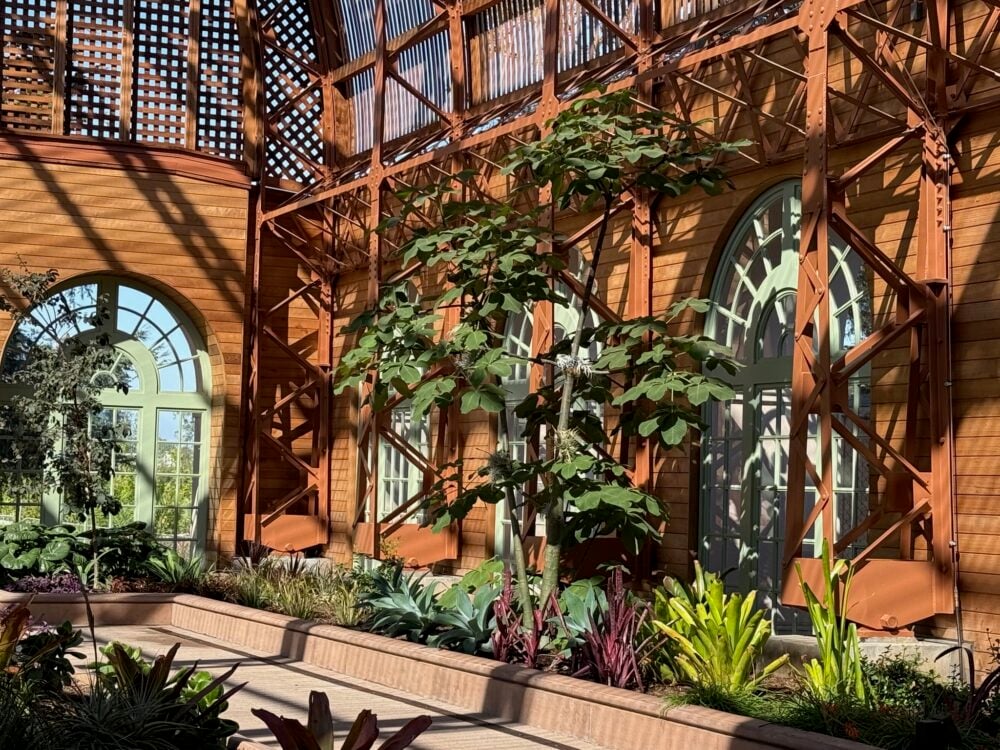

Contributor
- Topics: Archive

In its first effort to recreate a champion tree old growth forest, last winter Archangel Ancient Tree Archive successfully planted a four-acre grove of 2,000 to 3,000-year-old coast redwood (Sequoia sempervirens) and giant sequoia (Sequoiadendron giganteum) clones near Port Orford, Oregon.

Propagation, archiving, and reestablishment of clonal materials from “champion” trees—the tallest, oldest, and largest of their kind—is the work of this non-profit organization whose goal is to create a living archive of genetically certified trees for future study and contribute to a sustainable environment by helping to reforest the planet.

According to Dr. Francis R. Gouin, Department of Natural Resource Science and Landscape Architecture, University of Maryland, “The cloning of our champion trees, should not only be of interest to science but can be of commercial value.”
As “charismatic megaflora,” champion trees are the “superstars” of the plant kingdom. These giants capture attention, inspire awe, and attract support for conservation efforts. As Archangel co-founder Terry Mock puts it, “Although we are far from fully comprehending how the components of ecosystems interact with the biosphere as a whole, we must persist. If we do not conserve the biological diversity of the natural world, then we will no longer have a world fit to live in.”
From the organization’s website:

The book by award-winning journalist and science writer Jim Robbins entitled, The Man Who Planted Trees: Lost Groves, Champion Trees, and an Urgent Plan to Save the Planet, argues that “trees and forests are the highest functioning members of ecological society,” and chronicles the adventures of David Milarch, co-founder of Archangel Ancient Tree Archive, who has dedicated his life to cloning and replanting the oldest, and most important trees on Earth. Robbins’ crystal clear science behind this noble effort reveals numerous fascinating facts about the importance of trees, such as how they perform vital services to our environment in absorbing carbon dioxide – a greenhouse gas, clean pollutants from the air, and protect our freshwater ecosystems.
For more information about the mission, activities, and people behind this ambitious project and links to media coverage of their work visit www.archangeltreearchive.org.








Responses